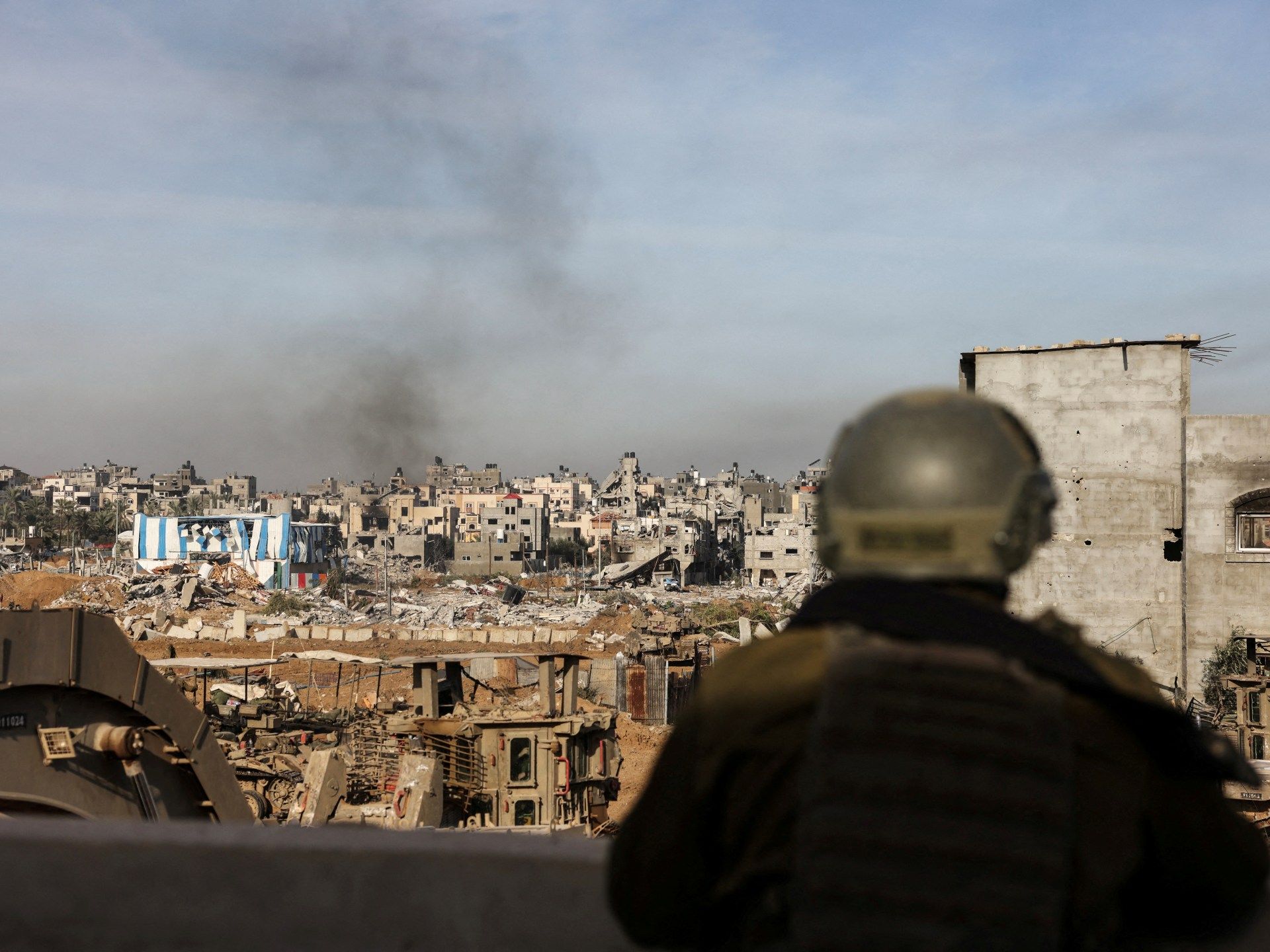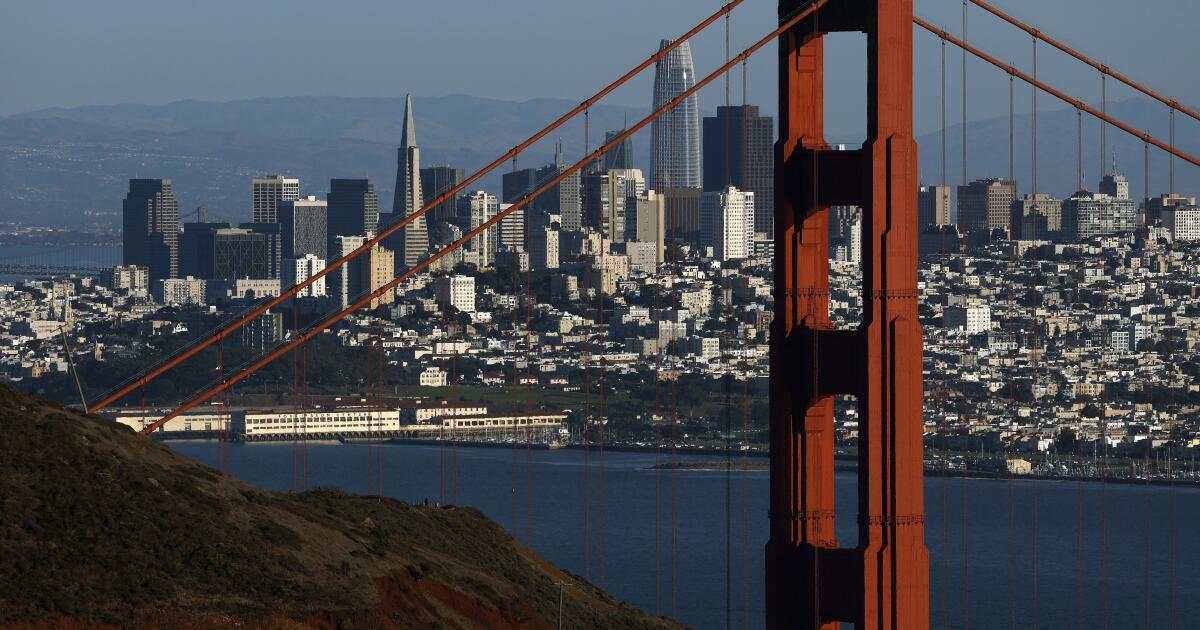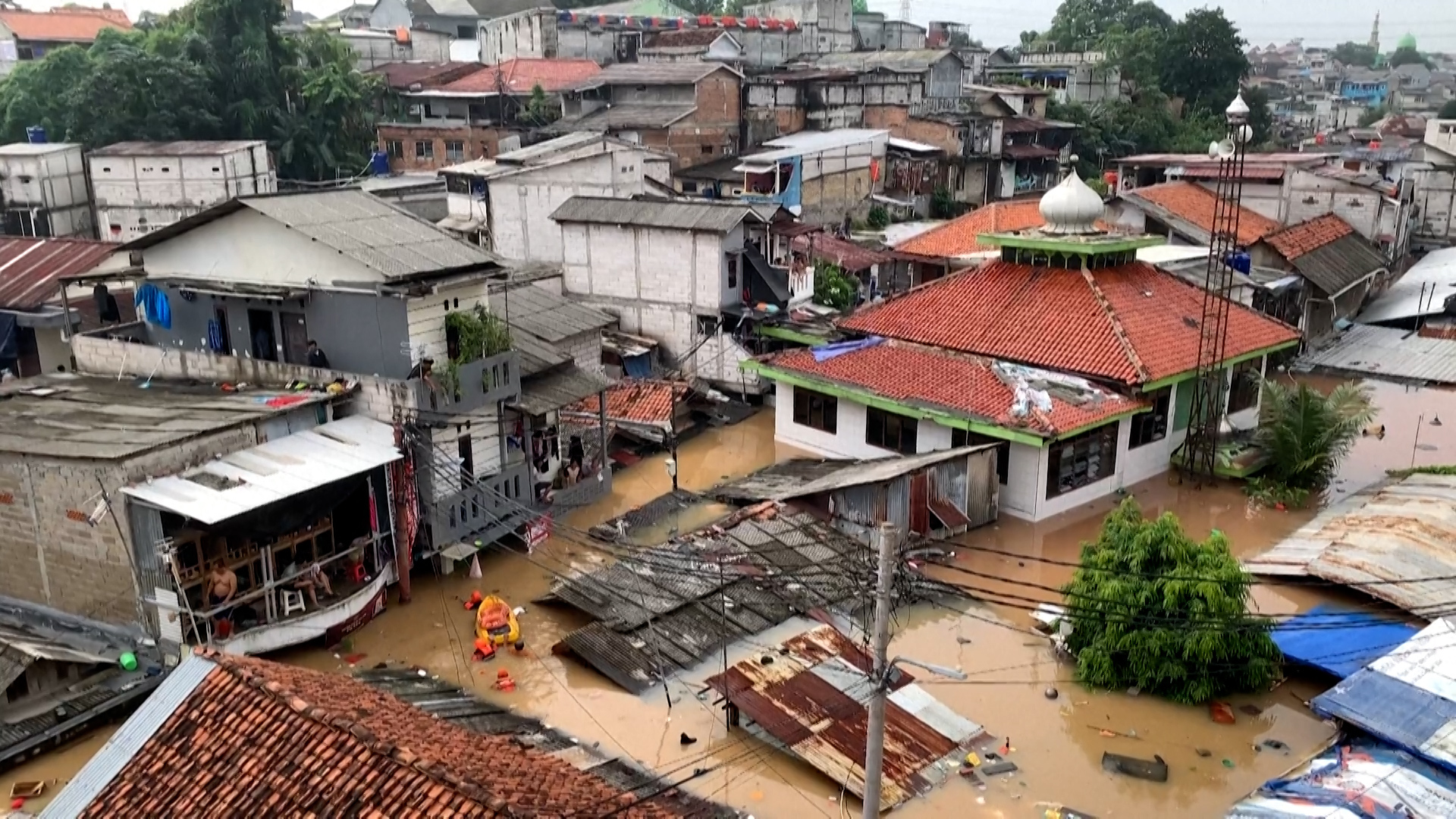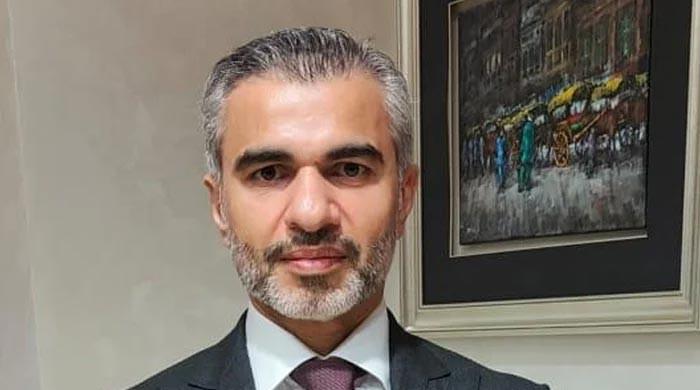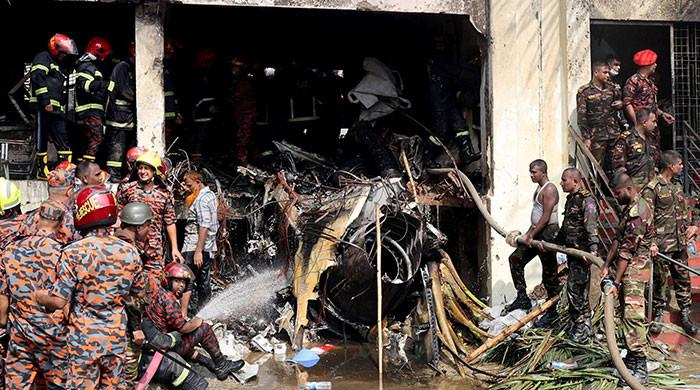The hearings into the legality of Israel's 57-year occupation of Palestine are separate from the genocide case brought by South Africa.
The United Nations' highest court is set to begin historic hearings into the legality of Israel's 57-year occupation of the Palestinian territories.
The week-long proceedings, which begin on Monday at the International Court of Justice (ICJ) in The Hague, come as Israel continues its devastating war in Gaza.
The attack has killed more than 29,000 Palestinians since October 7.
The case is separate from the genocide complaint that South Africa filed with the ICJ against Israel for its alleged violations in the ongoing war.
Instead, it focuses on the Israeli occupation of the West Bank, Gaza, and East Jerusalem since 1967.
Palestinians seek all three areas for an independent state.
Palestinian representatives, who will speak first on Monday, will argue that the Israeli occupation is illegal because it has violated three key principles of international law, the Palestinian legal team told reporters on Wednesday.
They say Israel has violated the ban on territorial conquest by annexing large swaths of occupied land, violated the Palestinians' right to self-determination and imposed a system of racial discrimination and apartheid.
“We want to hear new words from the court,” said Omar Awadallah, head of the UN organizations department at the Palestinian Foreign Ministry.
“They have had to consider the word genocide in the South Africa case,” he said, referring to the separate case before the court. “Now we want you to consider apartheid.”
Awadallah said an advisory opinion from the court “will give us many tools, using peaceful methods and tools of international law, to confront the illegalities of the occupation.”
It will likely take months for the court to issue a ruling.
After the Palestinians present their arguments, a record 51 countries and three organizations (the League of Arab States, the Organization of Islamic Cooperation and the African Union) will address the judges in the Grand Hall of Justice with panels of wood.
Israel will not present oral arguments, although it has submitted written observations.
The case came to court after the UN General Assembly (UNGA) voted by a wide margin in December 2022 to ask the 15-judge panel for a non-binding advisory opinion on the Israeli occupation.
The request was promoted by the Palestinians and vehemently opposed by Israel, which said any possible decision by the court would be “completely illegitimate.”
Israel captured the West Bank, East Jerusalem and Gaza in 1967 during a war with Egypt, Jordan and Syria.
Israel withdrew from Gaza in 2005, but still controls the enclave's borders.
In the occupied West Bank, it has built 146 settlements, according to the watchdog group Peace Now, housing more than 500,000 Jewish settlers. The West Bank settler population has grown more than 15 percent in the past five years, according to a pro-settler group.
Israel has also annexed East Jerusalem and considers the entire city its capital. Another 200,000 Israelis live in settlements built in East Jerusalem, which Israel considers neighborhoods of its capital. The city's Palestinian residents face systematic discrimination, making it difficult for them to build new homes or expand existing ones.
The international community overwhelmingly views the settlements as illegal. Israel's annexation of East Jerusalem, home to the city's most sensitive holy sites, does not enjoy international recognition.
The case marks the second time that the UN General Assembly has asked the ICJ, also known as the World Court, for an advisory opinion related to the occupied Palestinian territory.
In July 2004, the court ruled that Israel's separation wall in the West Bank violated international law and must be dismantled, although it remains in place to this day.

